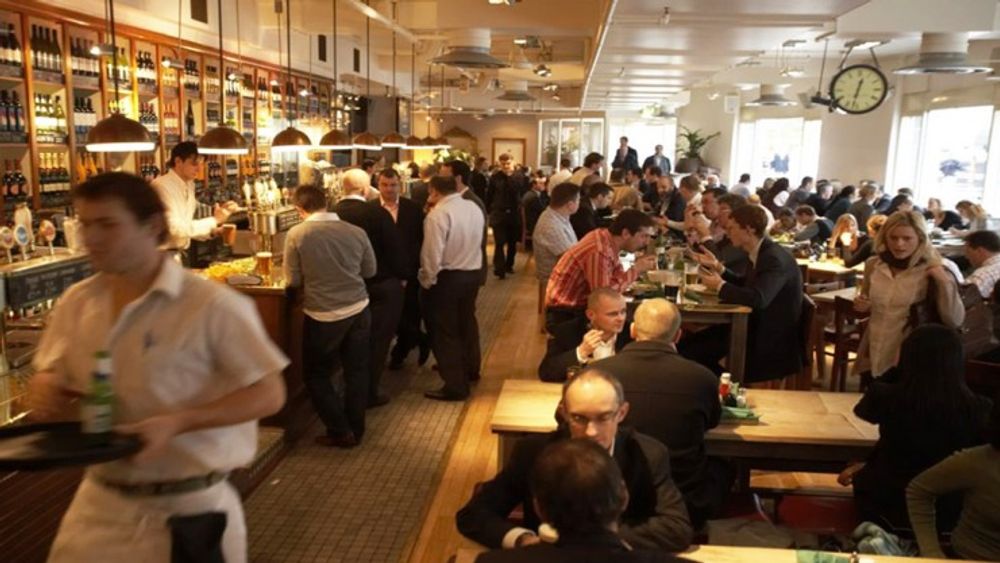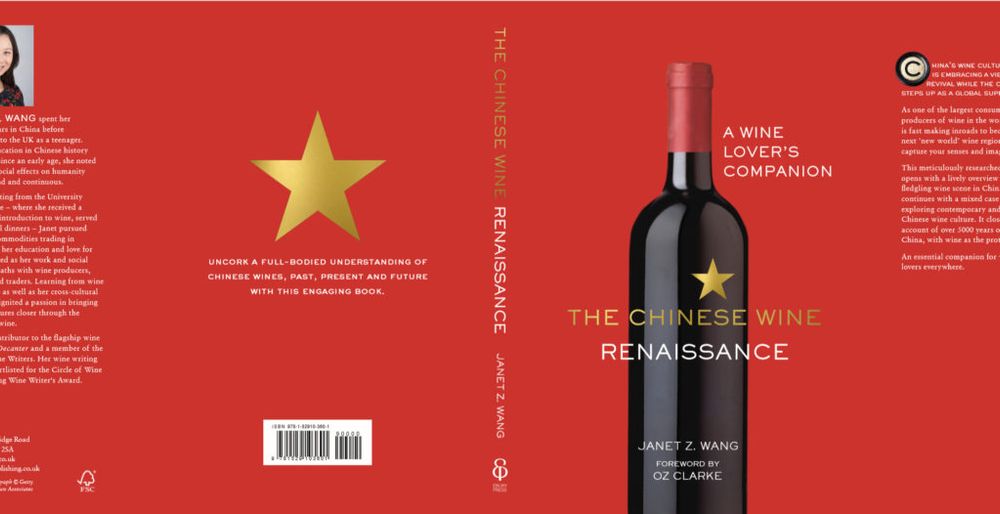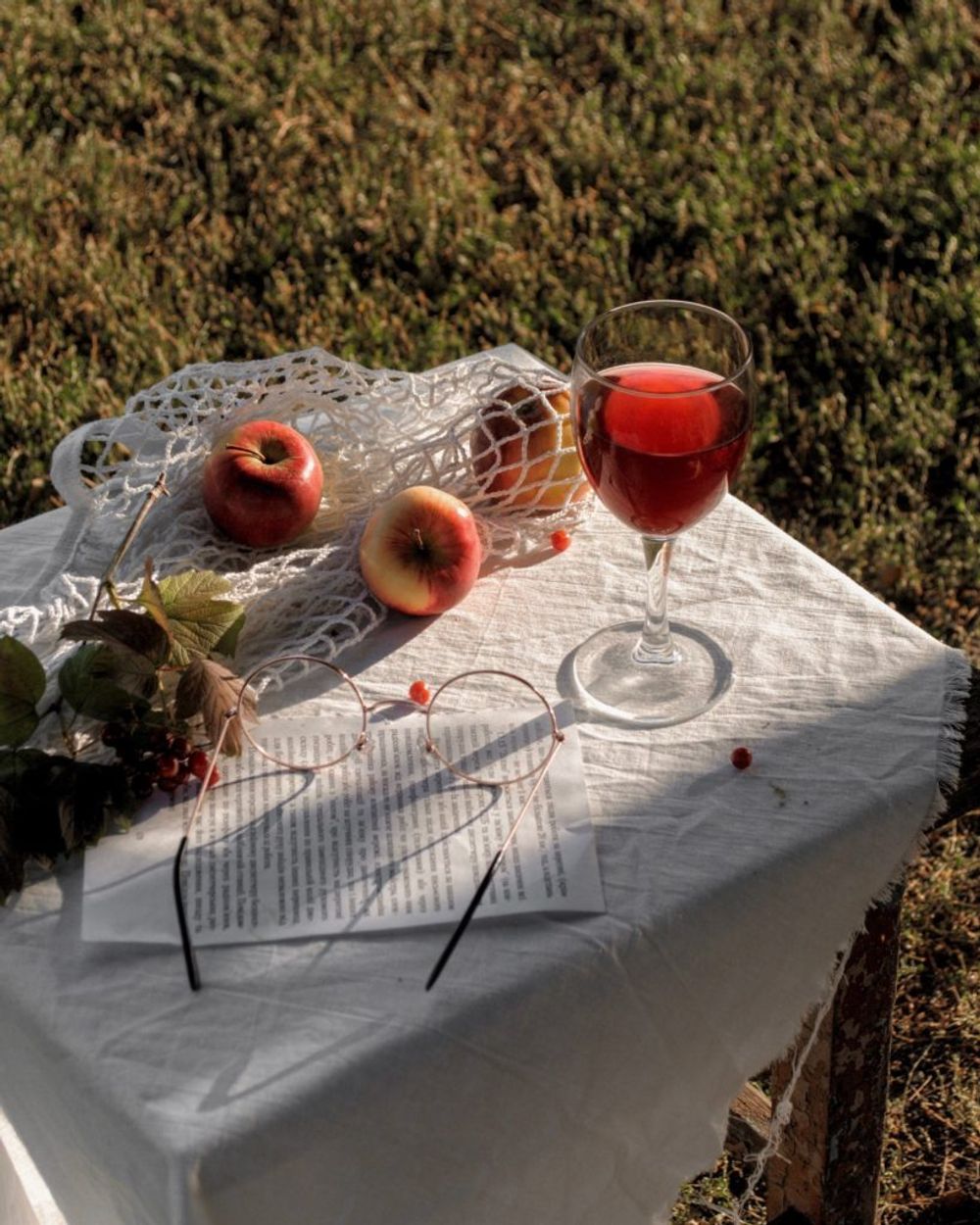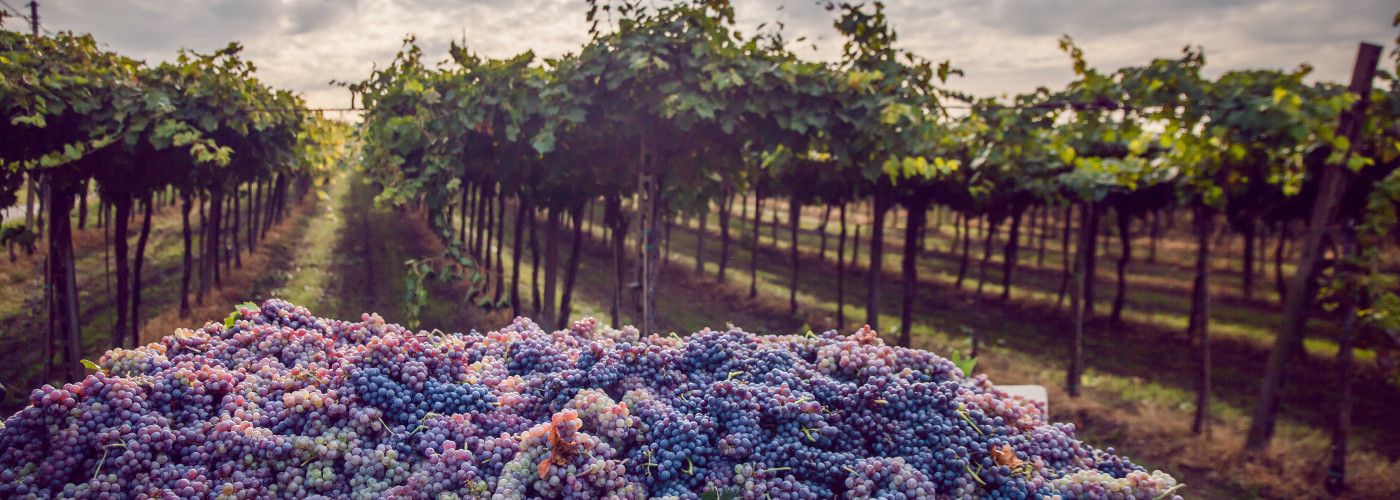If you are wine purist you might want to look away now, but Alistair Morrell sets out the case for why wine as we know it, does not need to be the wine we drink in the future.
For many wine is a reward, and for a few it is an elite statement of ultimate achievement. In many regards it has become one of the beacon status symbols of success, alongside luxury yachts, fine art and unique houses in unique locations.
The last 40 years wine has become more widespread across the world. It is now said to be consumed in 231 countries or territories across the world (Trade and Data Analysis 2015). Wine reaches all corners of the world and bearing in mind that the same research body reports 63 countries commercially produce wine then it can claim to be one of the very few products which is genuinely global.
Narrowing the perspective down to the UK, which is a trend incubator for alcoholic drinks and a global trading hub for wine, then the trade is changing shape. The less-but-better drinking culture is taking hold, sadly alongside a less-and-never trend. A couple of casual conversations with wine-writing colleagues recently revealed that they avoid drinking wine in hospitality venues, because of its price. They perceive that wine has become outrageously expensive to drink in restaurants and hotels.

All Bar One helped bring wine to the masses through its new pub concept
It reminds me of an interview I did with the then wine category manager for All Bar One, the high street bastion of wine drinking, who revealed more of its customers were switching away from wine for gin. This is the chain that made the UK consumer think that drinking wine informally on the high street was cool; it helped wine become the drink of choice for the nation. So a change in its customers drinking habits, is a bell-weather for change across many others.
Wine becoming expensive and loosing core customers means a loss of relevance and therefore trade. This maturing market scenario has occurred before in France where wine came to be seen as the ‘old persons drink’, in UK terms the sherry in the decanter!
After a good 20 years or so in the doldrums, wine in France is going through something of a renaissance with younger consumers who are finding pleasure in wine’s artisan nature again.
What do we mean by wine?
One of the ways that we can think differently is to examine ‘What Is Wine?’ To explore whether we can or want to re-frame wine for consumers and see how passions might be re-ignited.
Most consumers and trade would like to believe that they know what wine is, and bearing in mind the continued global growth of wine made from grapes, has become the typical definition that most people would site.
Typically not many would argue with the EU definition that wine is a “product obtained exclusively from the total or partial alcoholic fermentation of fresh grapes, whether or not crushed, or of grape must (Comité Européen de Entreprises Vins)”.

However a look at Chinese wine history and language suggests a broader meaning. A conversation with the ground breaking author Janet Wang, The Chinese Wine Renaissance, revealed that their understanding of the word wine is much broader than the narrow definition that the western world has come to know.
The influence of language on our perceptions often pigeon holes our understanding of subjects, words, possibilities and creativities. In the Chinese vernacular to use the word wine, Jiū, is to refer to any fermented product whether it comes from grapes, lychees, sorgum, millet, rice or plum. Today, as Wang describes, if you refer to wine, and you intend to mean ‘grape’ wine then the pre-fix is always used, as it would be for ‘lychee’ wine, ‘plum’ wine and so on.
Despite the emergence of grape wine as a commonly drunk in the Chinese middle classes now, it has been a feature of Chinese society for millenia. Chinese wine history suggests that wine could come from a much wider variety of fruits and other agricultural produce. The Shennong Bencao Jing, which is an ancient work on pharmaceuticals or herbal medicines (Han Dynasty 206 BC -220AD) states ‘grapes could be used to produce wine’.
This suggests that many other base agricultural products were being used to produce alcoholic drinks. Later on one of the emperors noted that
“is sweeter than the wine made [from cereals] using ferments and sprouted grain. One recovers from it more easily when one has taken too much.” (Emperor Cao Pi quoted in Wikipedia).
Cider as wine?
There are other examples of this. Ciders produced in the UK used to be known in the middle ages and before as wine. Jim Franklin an orcharder in Teme Valley refers to ‘previously to, I suppose, to the 1200s there’s reasonable records that they called it wine…’. Indeed in Germany today ciders is known as a ‘Apfelwein’.
Pre-prohibition in the USA cider was the equivalent of wine in France – the everyman drink and was also known as apple wine.

As apples and wine are made in a similar way, why can’t cider be called wine, asks Alistair Morrell
It makes sense when you look at the process for producing ciders and perries from fresh apple and pear fruit is fundamentally the same as grape wine production. Clean fruit crushed or milled into juice, settled then fermented and aged which goes on to produce an alcoholic drink. Of course the process for many ciders has been bastardised to use juice concentrates with the UK requirement just 35% juice or juice concentrate to produce something called cider.
However there is a great resurgence of producers who make ciders made just like wine from exclusively apples or pears and never from concentrates.
It raises the question why do we consider that grape wines are supreme? Should we consider them in such a way and why? Or was this EU and French dominance of the agenda which asserted that wines ‘must’ be made from grapes?
Maybe grape wines have to remain at the top of the product hierarchy, as well as sitting alongside other innovations.
Room for a new ‘wine’ sector?
A recent meeting with one of the UKs leading fruit growers suggests that high quality fruit wine could be made using 100% fruit creating a new sector which could form an important bridging gap for consumers seeking to explore wine.
Perhaps this forms the basis of an enquiry as to how wine could embrace different fruit wines in order to broaden the relevance to more consumers and demonstrate its democratising credentials. 100% fruit would be the base line, ensuring a wholesome product, whilst tackling the massive elephant in the wine cellar – wine does not innovate!
Along with embracing the ciders and perries, wine could choose to embrace such fruit innovations, not for frivolous or adding to the short-term profit line reasons, but to sustain interest and generate real interest in the category.
It is becoming clear that wine, in its more disparate formation, has to maintain ways of engaging consumers. If it is going to maintain consumer relevance, then ‘New’ is one of the ways that it has to find ways of embracing.
- Alistair Morrell – aka The Wine Inspector and chief executive of Cider Is Wine – is a drinks industry consultant, journalist and commentator. He has over 30 years as a drinks industry professional which he shares with growers, importers, distributors and buyers. You can follow him at @inspectorwine.
































